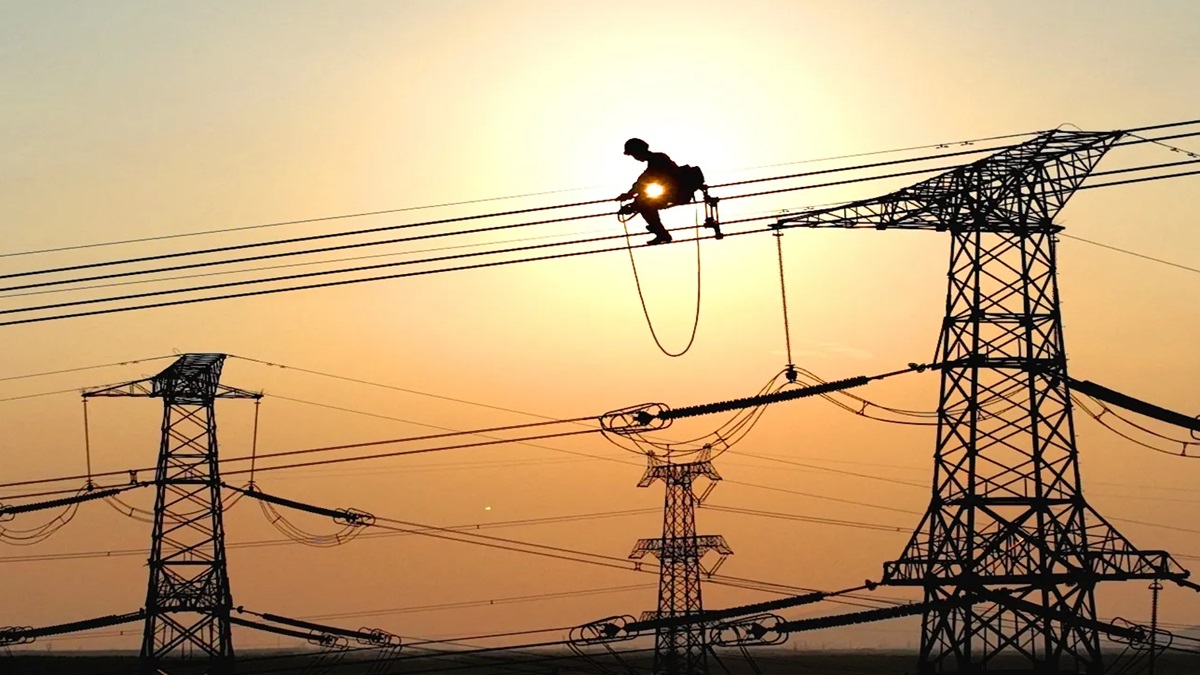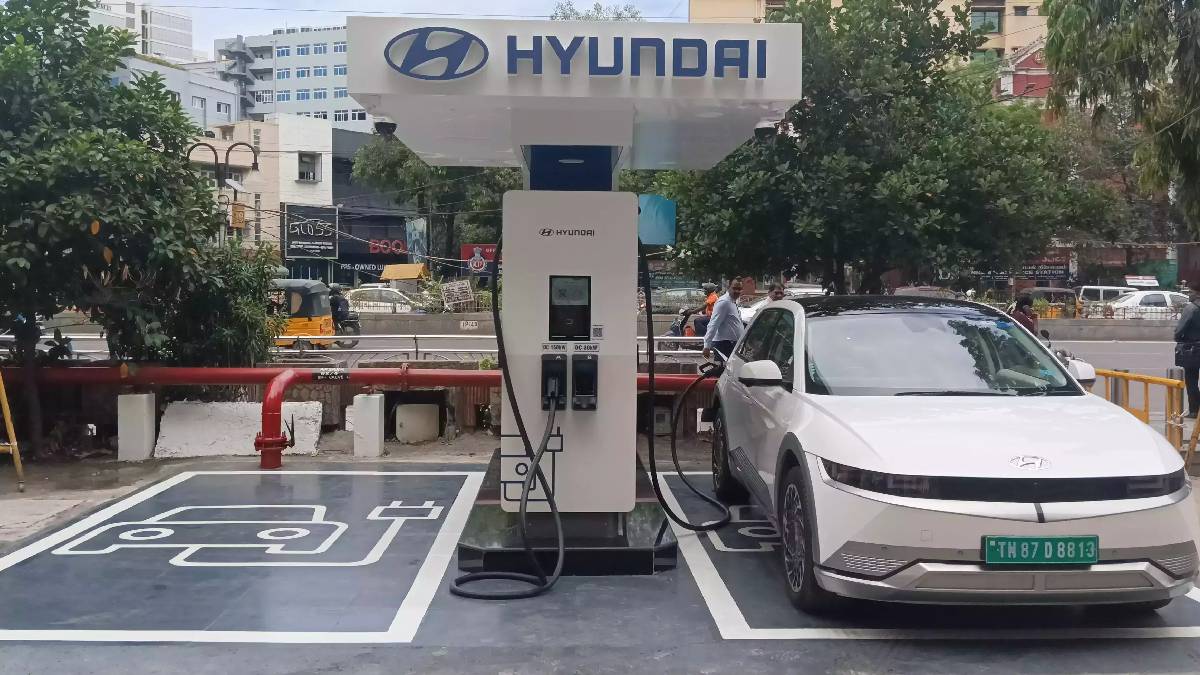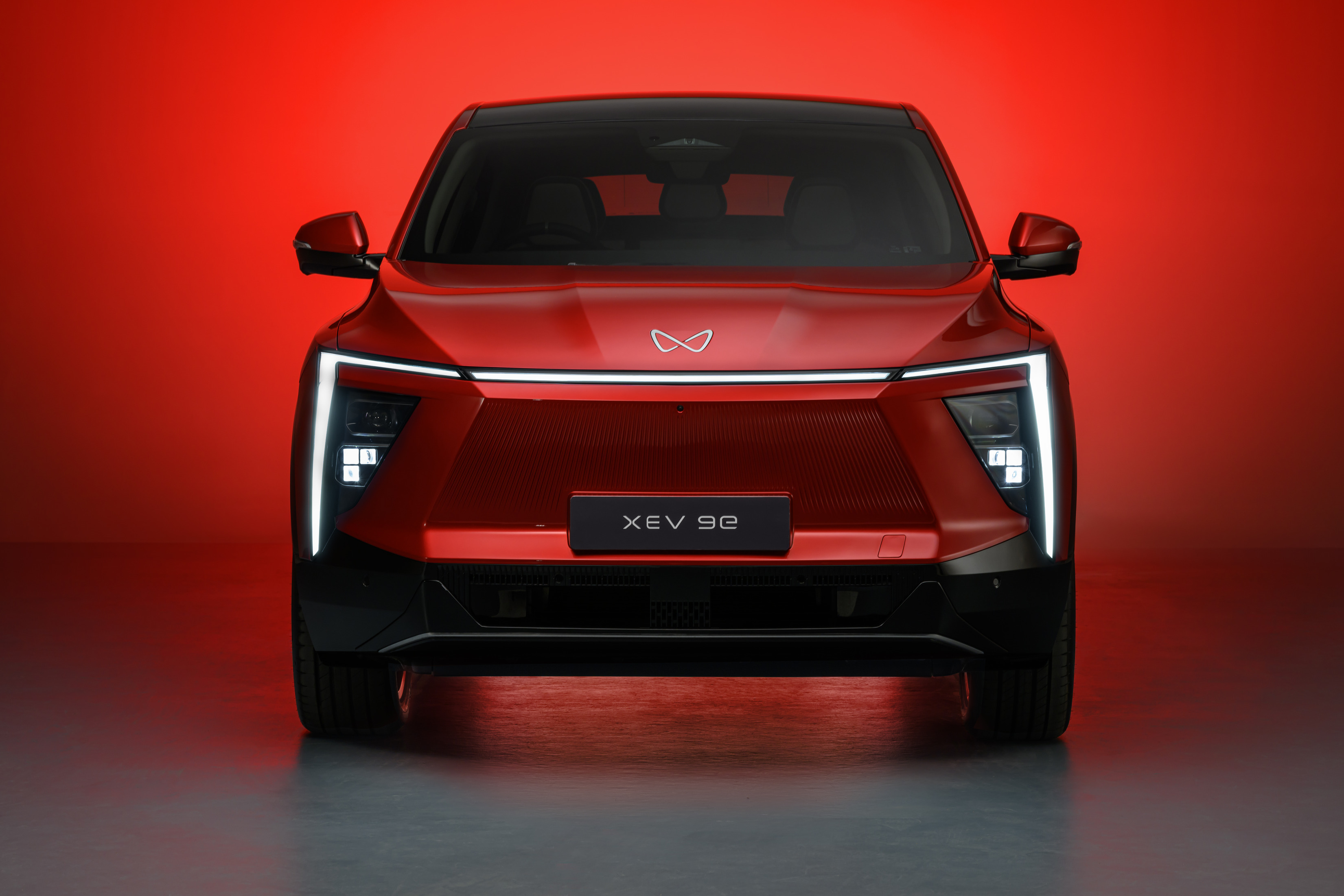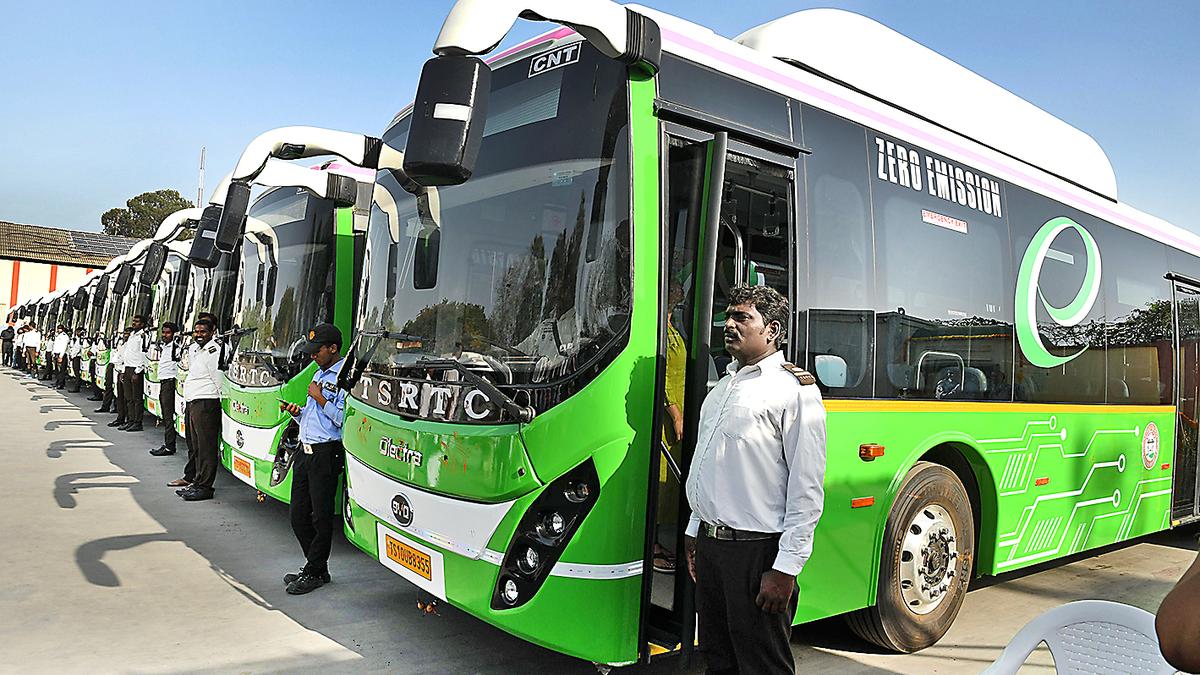Strengthened grids: A case of electric vehicles in Bengaluru
The HinduIndia pledged to reach net zero emissions by 2070 at the 26th Conference of the Parties held at Glasgow recently. However, higher EV penetration may pose destabilisation threats to the grid with its spatial and temporally uncertain nature, by causing significant peaks when coinciding with residential peak demand. As per an India Smart Grid Forum study for twelve 11kV feeders in Bengaluru, significant upgradation on the DTs and cables are required for smooth integration of the EV load, along with filter installation to mitigate the harmonics issues. This should also be complemented by introducing a time-of-day tariff for Bengaluru EV owners by incentivising with lower charging tariff during off-peak and disincentivising with higher charging tariffs during peak demand. Leveraging its potential of RTPV uptake along with strong distribution infrastructure investments could help Karnataka achieve its 2030 EV goals.
History of this topic

Mapping the Electric Landscape: A Deep Dive into India's EV Growth
Hindustan Times
Honda Power Pack Energy, Bhago Mobility to provide Green Fleet Management Services for EV Segment
Deccan Chronicle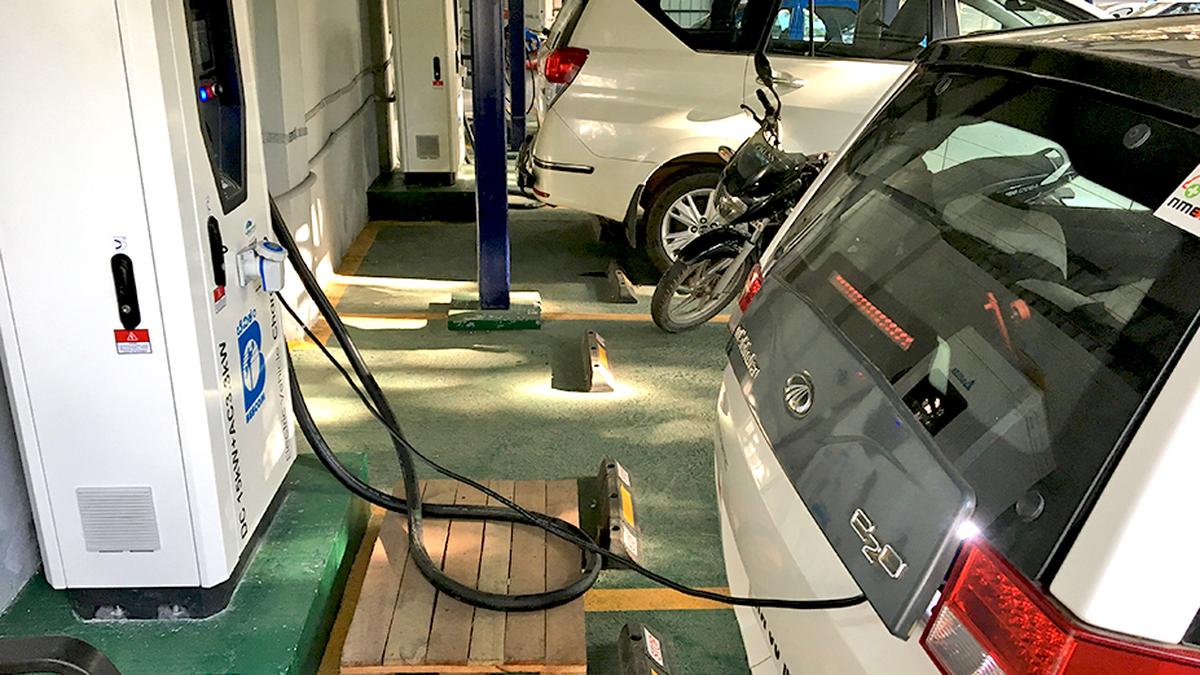
First-of-its-kind battery-powered EV charging station to come up near Bengaluru airport
The Hindu
Used car batteries to store power at Bescom’s EV charging station in KIA
New Indian Express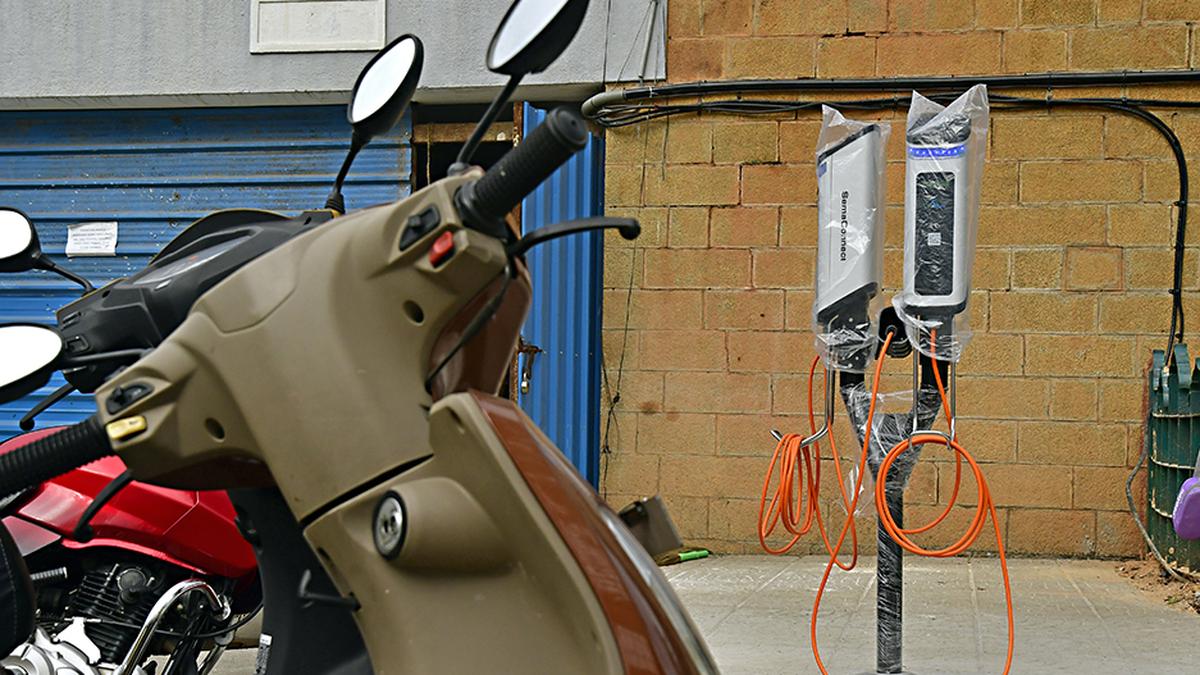
Karnataka has the highest number of EV stations in India: Bureau of Energy Efficiency
The HinduBescom to set up EV charging stations on APMC premises across State
The Hindu
Karnataka is doing something right: EVs go from 9,703 to 1.52 lakh in 2 years
The Hindu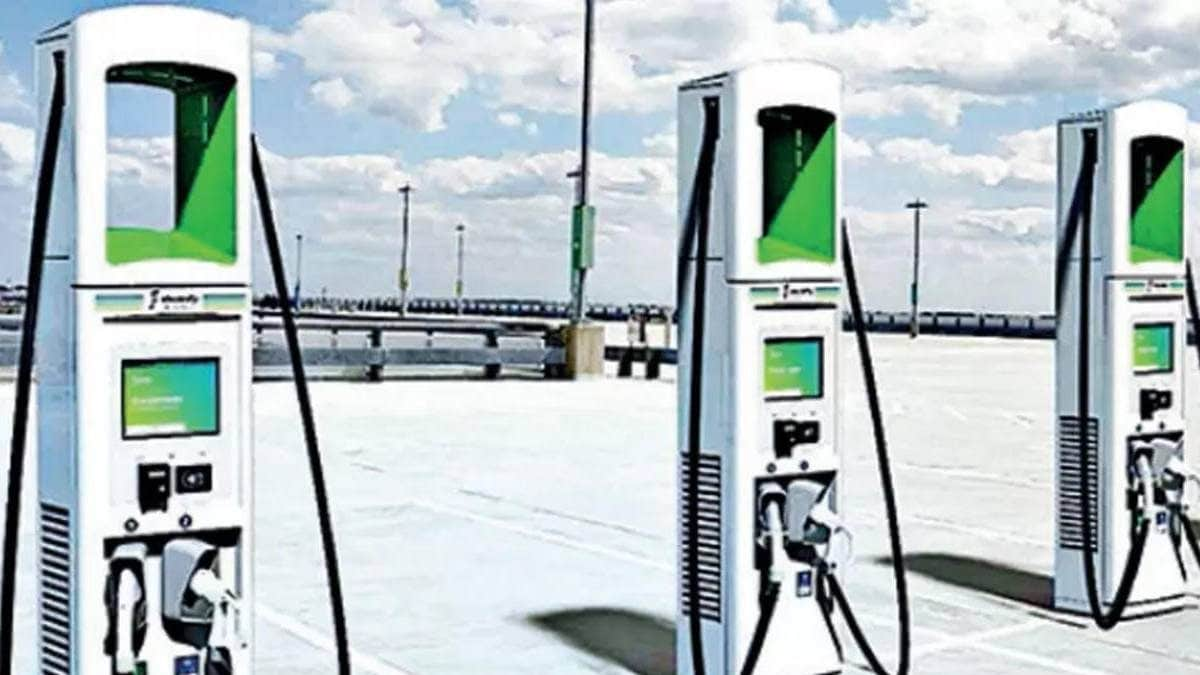
Over 20 EV Charging Stations Will Be Installed On 4 UP Expressways, Details Here
News 18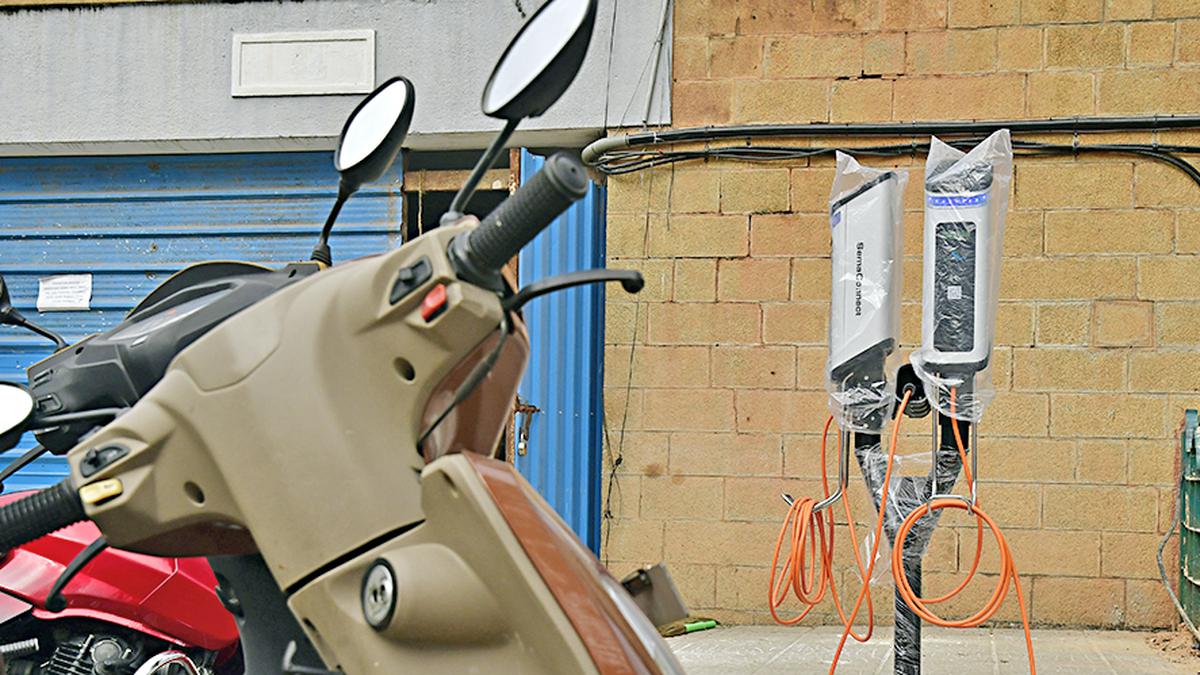
Officials explain lack of EV charging stations outside Bengaluru
The Hindu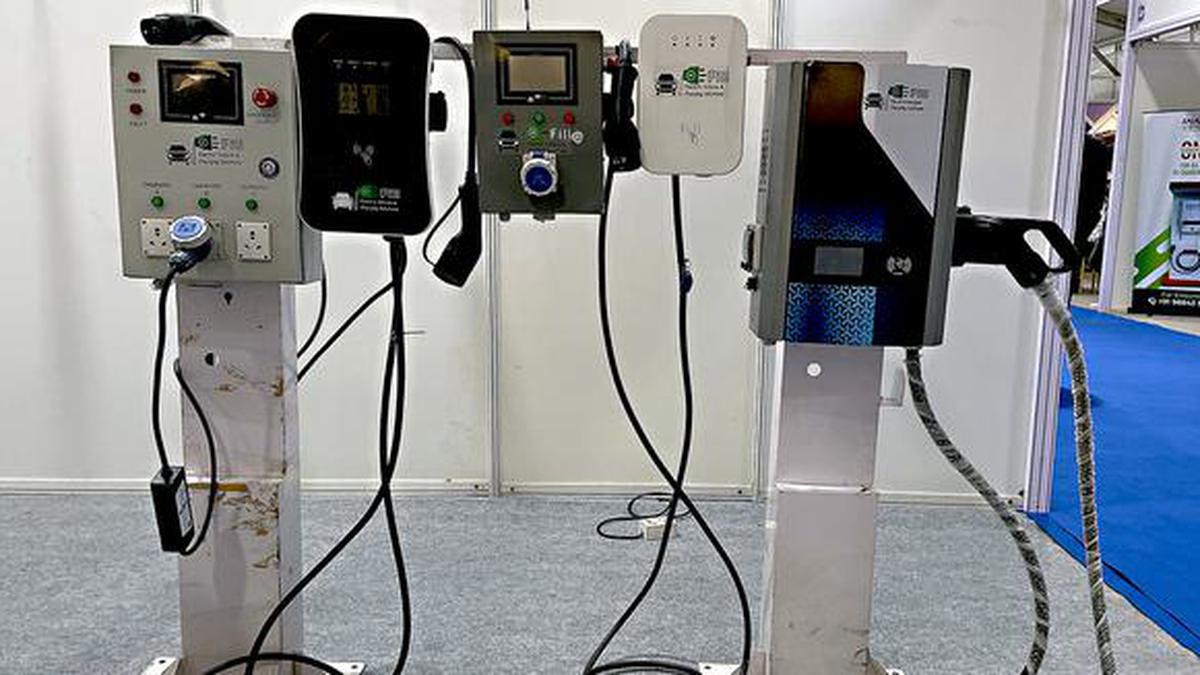
Karnataka boasts highest number of EV charging stations in India: Bureau of Energy Efficiency statistics
The HinduKarnataka Budget: Renewable energy projects get big push
The Hindu
Karnataka expects revised EV policy to attract ₹50,000 crore investments
The Hindu
World EV Day 2023: Industry Stakeholders Pitch for Electric Vehicles, Here's Why
News 18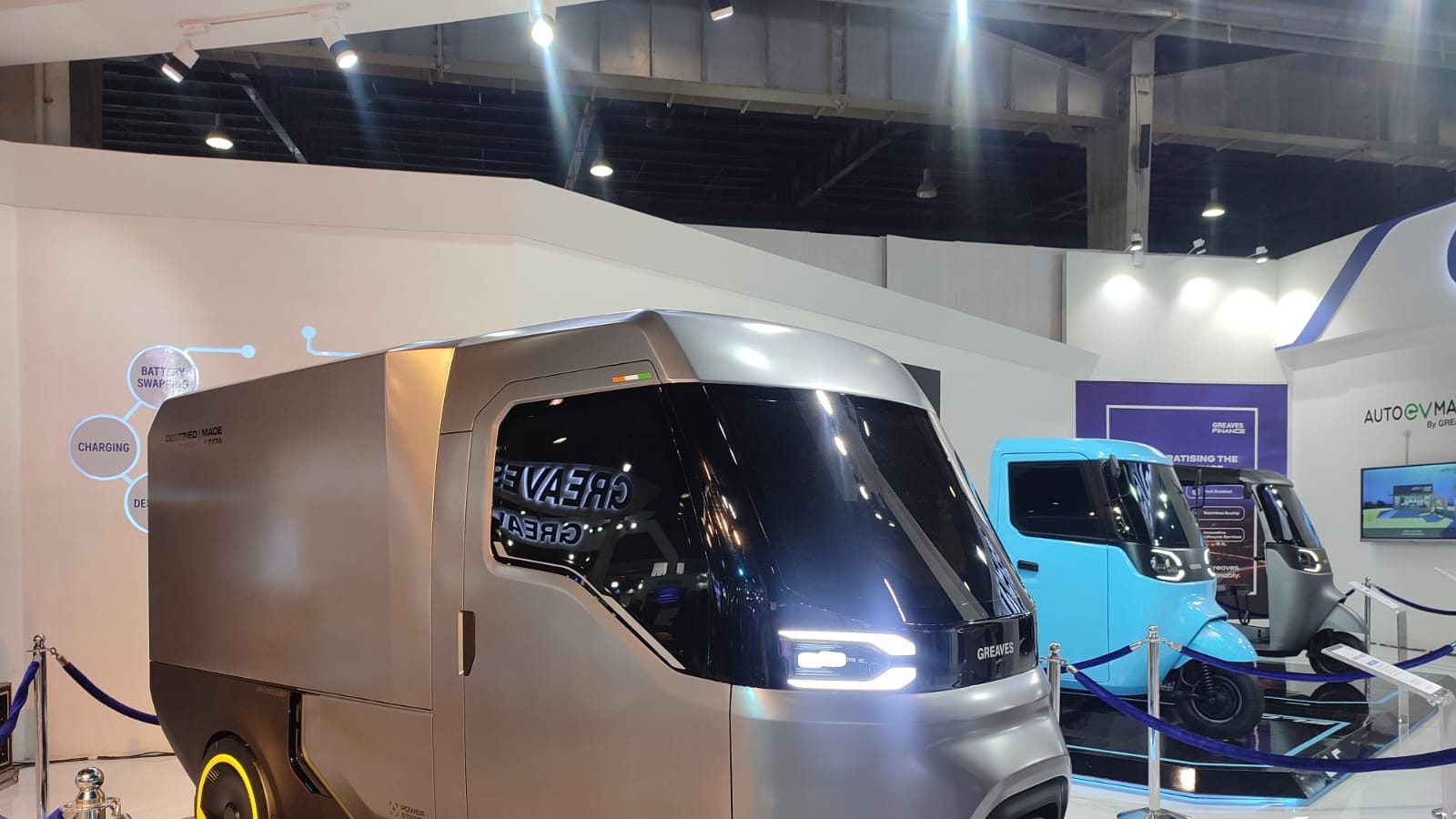
Auto Expo 2023: Home to Many EV Start-Ups, Why Karnataka is Lagging Behind UP, Delhi in Segment
News 18
Karnataka among top three states in EV registration
The Hindu1,000 EV charging stations in Karnataka soon: Energy Minister
The Hindu
India’s EV Policy Progressive; Right Fit Product Will Bring Shift: RK Misra, Co- Founder, Yulu Bike To Kailashnath Adhikari, MD Governance Now
ABP News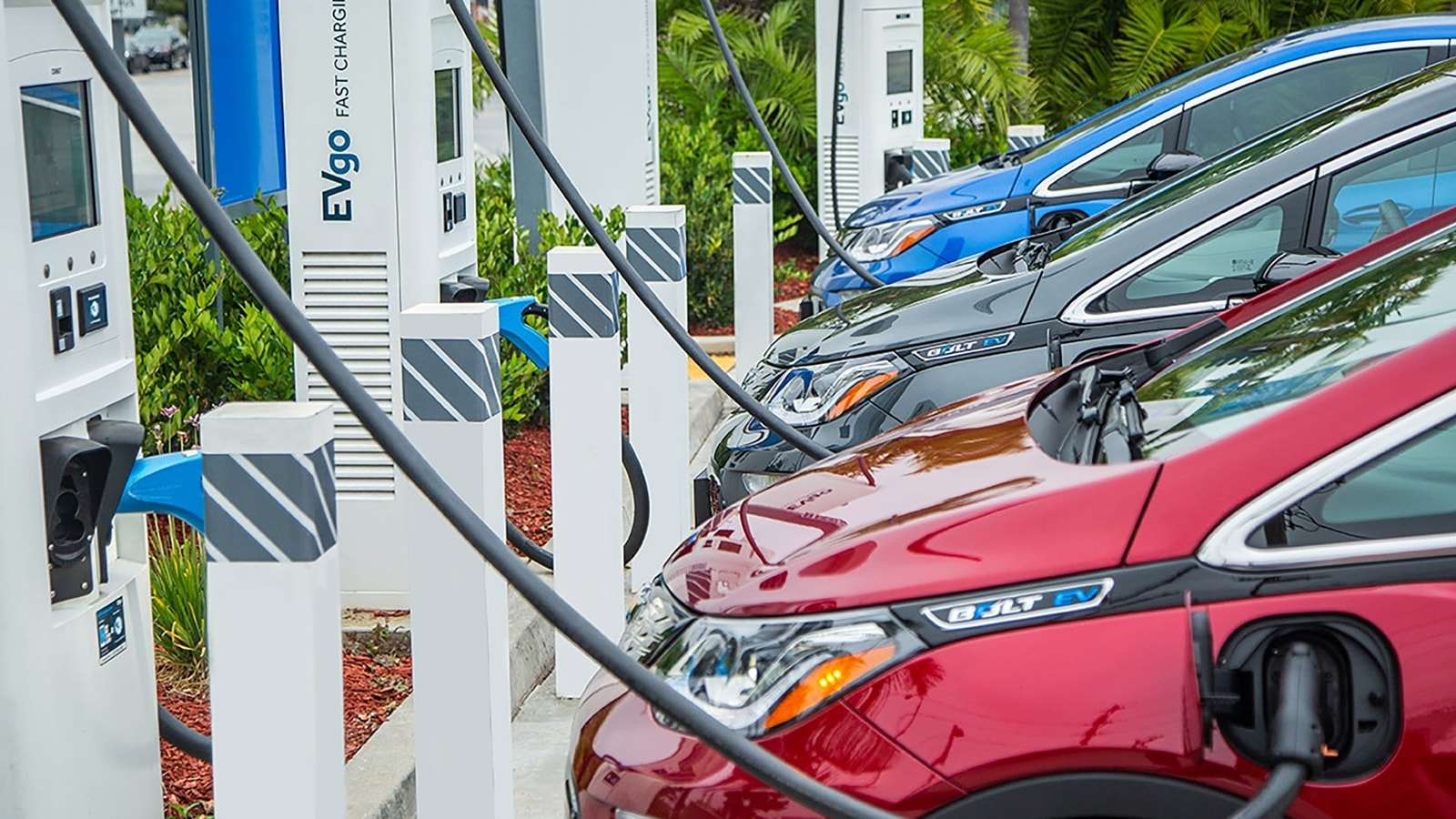
An implementation roadmap for EV charging infrastructure
Hindustan TimesUsage of EV charging stations up to 15%
The HinduBengaluru to get 200 new EV charging points in six months
The Hindu)
Road to Commercialization for Electric Vehicles in India and the Challenges Ahead
News 18)
IISc in Collaboration With GreenEnco Develops Solar Powered Electric Vehicle Charging Station
News 18)
About 50 Percent of Vehicles in Karnataka Govt Fleet to be Electric in the Next 3 Years: Deputy CM
News 18
Karnataka tries to plug back into its EV mission
Live Mint
Sun Mobility to roll out 100 EV battery swap stations in Bengaluru
Live Mint
Govt invites proposals for development of EV charging infra on major highways
Live MintDiscover Related










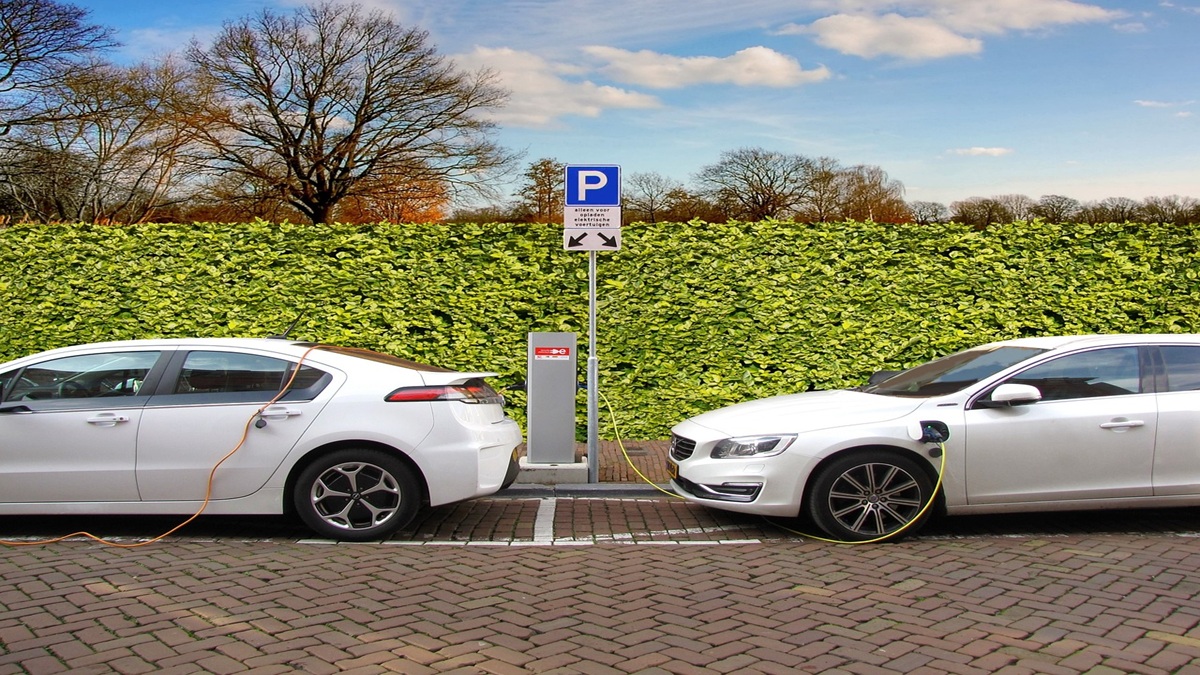




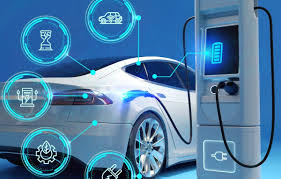





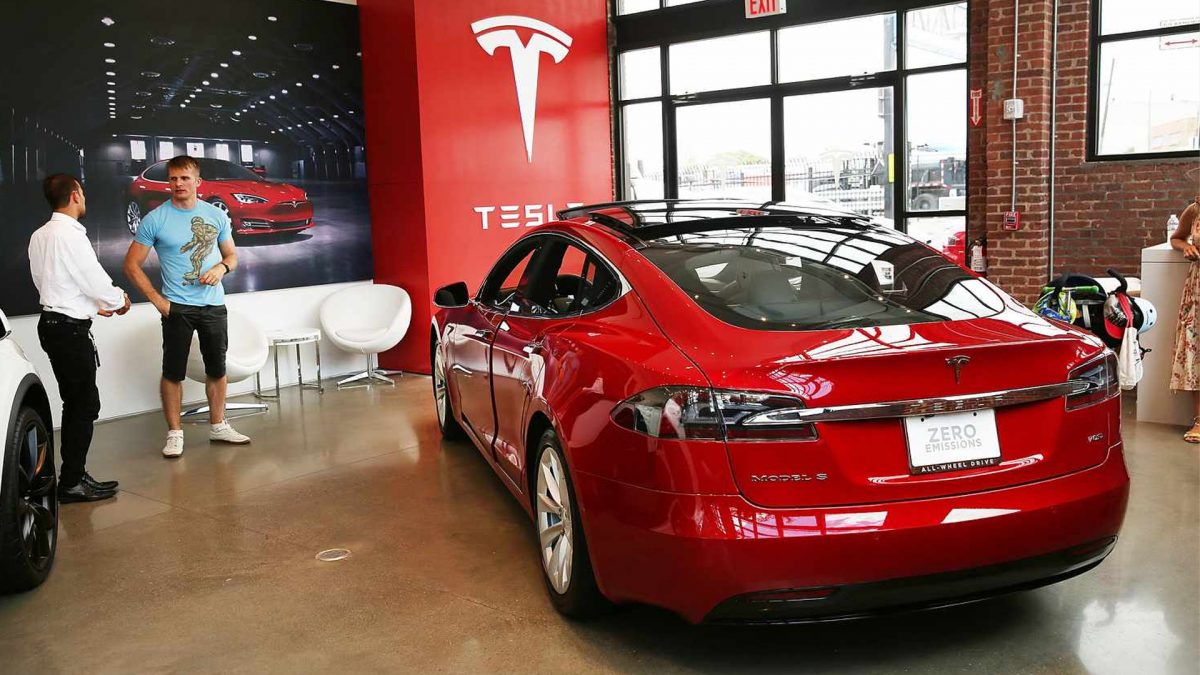)
